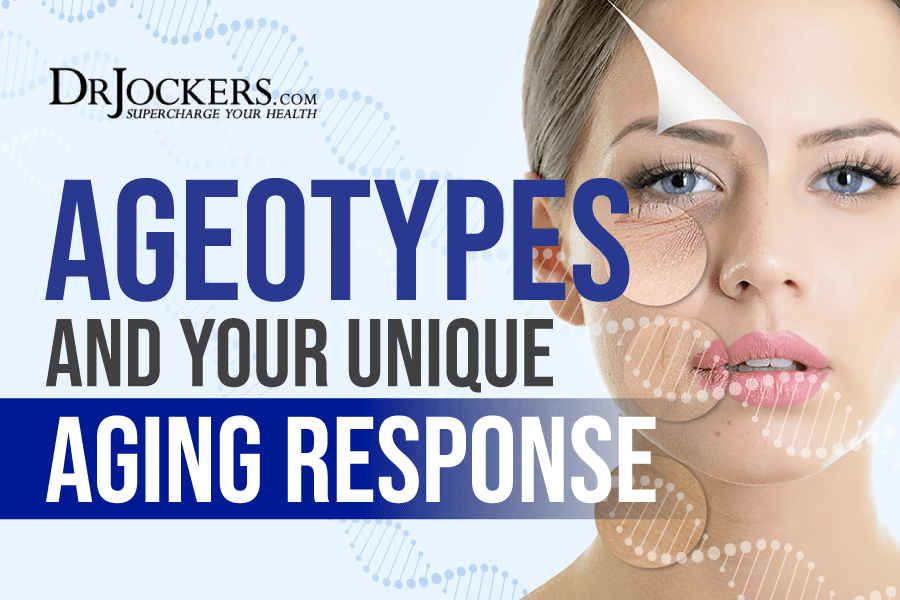 Ageotypes and Your Unique Aging Response
Ageotypes and Your Unique Aging Response
Chronological aging is inevitable. You will always have one additional candle on your birthday cake each year. Many people believe that aging means slowing downs, aches and pains, and health issues. This doesn’t have to be this way.
Aging can affect each of us differently. One may notice weight gain and metabolic issues, others may experience immune health problems and increased infections. However, if you understand your body’s unique aging response and ageotype, and support your body through nutrition, lifestyle, and supplementation, you can reduce your risk of health issues and increase your health, energy, and well-being as you age.
In this article, I will discuss the role of ageotypes and your unique aging response in your health. You will learn about the three types of aging. I will go over signs of poor aging. You will understand what ageotypes are. You will learn about the 4 unique ageotypes. I will offer my top strategies for healthy aging, including my favorite supplements for each ageotype to reduce signs of aging and improve your health and well-being.
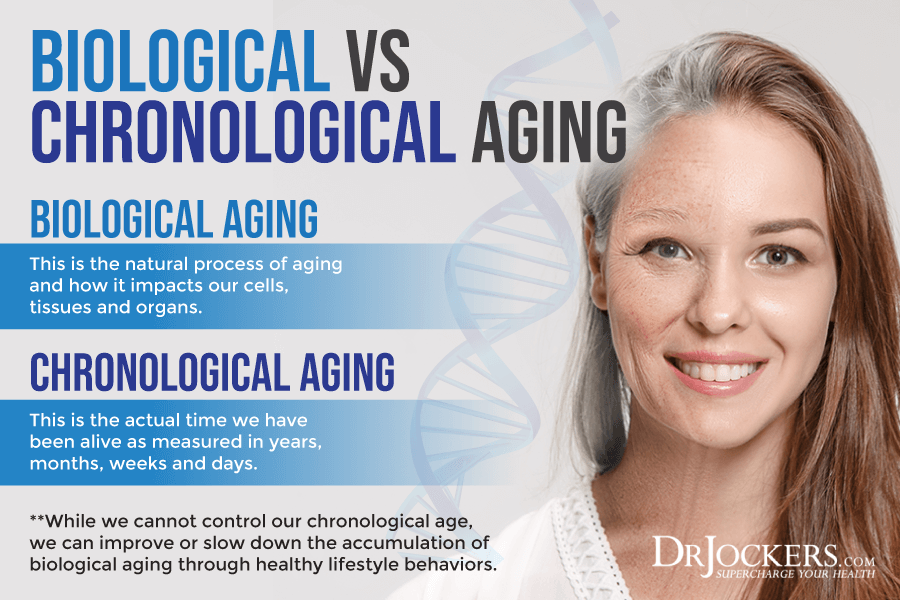
3 Types of Aging
Aging is not only defined by the birthday on your calendar this year. In fact, chronological age (your current age according to your birthday) may not be the most important. When we talk about aging, we need to think about 3 types of aging: biological, chronological, and social.
Biological
Biological aging is the type of aging that you are probably the most familiar with. Biological aging refers to the natural changes your body undergoes through the aging process. Biological aging may affect your joints, spine, digestion, skin, immune health, and vital organs. It may affect areas of your health that are related to movement or other daily functioning. Biological aging may affect your vision, hearing, and dental health.
Biological aging is a natural process and it happens to all of us. However, you probably notice that while some older people feel great, are mentally sharp, go for hikes, and feel younger than some other people in their age group, who move slower, have memory issues, are held down by aches and pains, or need caregiving. A healthy diet and lifestyle, and some other strategies I will go over later in this article can help to slow down signs of biological aging and help you feel good until old age.
Chronological
Chronological aging refers to the actual amount of time passed since your date of birth. Your chronological age is measured in years, months, and days. It is the primary way people tend to define their age. Chronological age is something you can relate your biological and social age to. Chronological age may help us to define your risk for chronic health issues, impairments of body functions (e.g., hearing, vision, or memory), and mortality.
Biological aging doesn’t equate to a quality of life. There are many old people who feel healthy, energetic, mentally sharp, and socially engaged. There are also many younger people who deal with difficulties that would be expected from an older age group. A healthy diet and lifestyle can help you to feel good in your body and mind regardless of your chronological age.
Social
Social aging refers to your behavior and social habits that naturally change over time. We act, behave, and think differently as children, teenagers, young adults, and adults. Our behavior, habits, and way of thinking continue to evolve around adulthood. We are affected by our role in relation to society, as well as our personal experiences. Social aging is generally measured by how a person is expected to behave in relation to expected social roles.
Social engagements, psychological issues, health issues, and other factors can all influence your social aging. Maintaining healthy relationships with friends and family and main and continuously exploring ways to stay socially engaged despite life circumstances or health challenges can support healthy social aging.
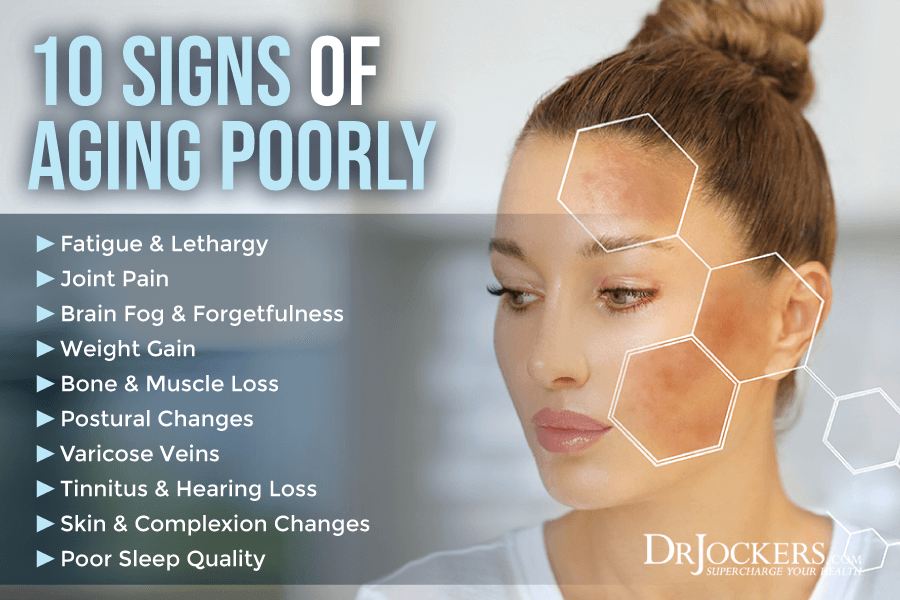
Signs of Poor Aging
Aging doesn’t necessarily mean aches and pains, low energy, poor memory, and illness. Poor dietary and lifestyle choices and some other factors can lead to all kinds of signs of poor aging. I recommend reading my article on 10 signs of aging poorly to learn more about signs of poor aging in-depth and what to do about it.
Signs of poor aging may include:
- Fatigue and lethargy (1, 2, 3)
- Joint pain (4, 5)
- Brain fog and forgetfulness (6, 7)
- Weight gain (9, 10)
- Bone and muscle loss (11, 12, 13)
- Postural changes (14,15)
- Varicose veins (16)
- Hearing loss and tinnitus (17, 18, 19, 20)
- Skin and complexion changes (21)
- Poor sleep quality (22, 23, 24, 25)
Poor Aging at the Cellular Level
Poor aging is characterized by chronic inflammation that slowly overtime damages major tissues and regions of the body. Every degenerative condition such as diabetes, heart disease, dementia, Alzheimer’s disease, fatty liver disease, cancer, osteoarthritis, osteoporosis, etc. is characterized by chronic inflammation and oxidative stress.
Inflammation and oxidative stress are important parts of the body’s natural healing process and are necessary to prevent against infections. However, these mechanisms should be tightly controlled and kept within a certain threshold. When they are constantly amplified from poor lifestyle factors such as bad diet, chronic stress, toxin exposure, poor sleep and chronic infections, they literally rust our tissues, cells and organs from the inside.
The term inflammaging, also known as inflamm-aging or inflamm-ageing, refers to an upregulated inflammatory response and a low-grade inflammation throughout the body that develop with advanced age. Inflammaging can accelerate the aging process and may worsen some age-related symptoms and diseases.
When you age poorly, you create excessive oxidative stress within cells that damages the mitochondria and other cellular organelles and you create senescent or dysfunctional cells. Many researchers have nicknamed these dysfunctional cells “zombie cells,” because they resist death and cause massive problems within our body that accelerate our aging process.
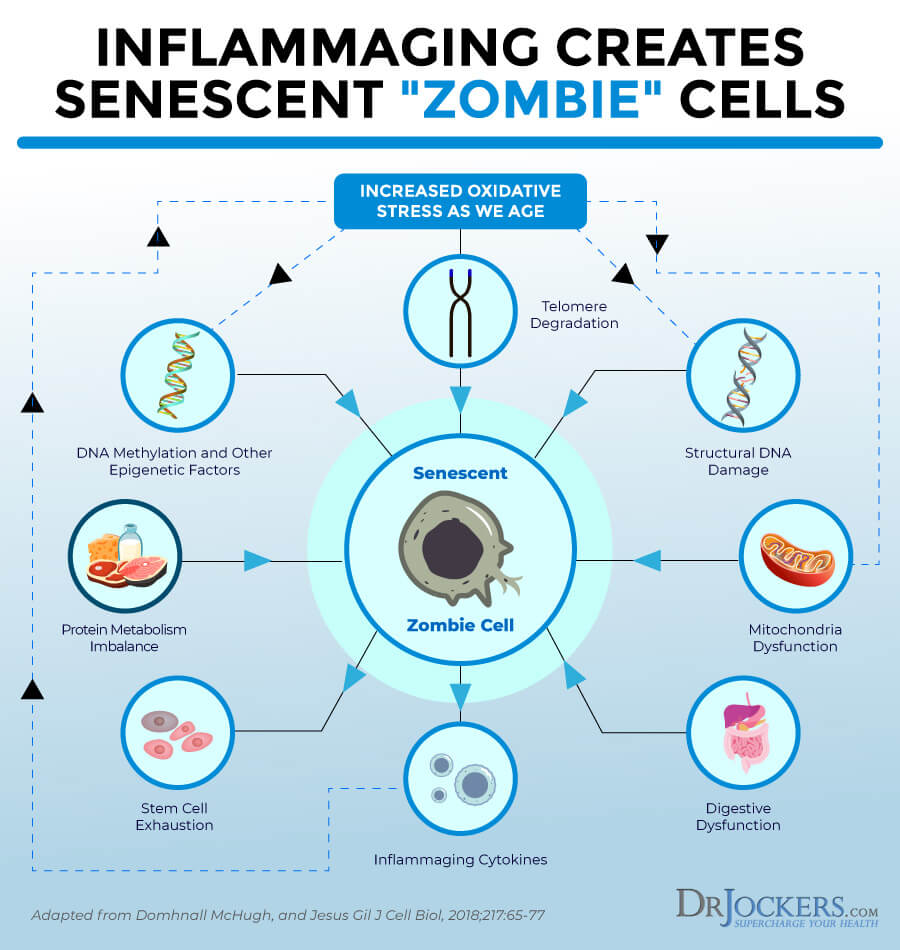
What are Ageotypes?
Ageotypes refer to the main biological pathways to aging. A 2020 study by the Department of Genetics and Stanford University School of Medicine published in Nature Medicine, has found that personal aging markers and biological pathways to aging, or ageotypes can change over time (26). They found 87 significant molecules and 84 significant pathways that, including proteins, metabolites, and microbiome markers, that can affect the aging process.
During this study, researchers looked at 106 pre-diabetic and healthy individuals between the ages of 25 and 79 (median age of 55.74). Within this group, there was a good mix of different insulin statuses. 35 participants in the study had insulin resistance, which shows a risk for pre-diabetes and diabetes. 31 had insulin sensitivity. The remaining 40 individuals had an unclassified insulin status, meaning that we don’t know whether they had insulin resistance or not.
Participants visited the research institute for samples every 3 months for 48 months (4 years). If participants experienced a respiratory infection or other physiological stress, additional samples were taken for analysis. Researchers looked at various biomarkers of aging and markers related to diabetes, including fasting glucose, HbA1C, oral glucose tolerance, and steady-state plasma glucose (SSPG) testing. They also looked at multi-omics profiling.
Multiomics is a scientific approach to analyzing different omics (a field in biologic studies looking at areas ending with “omics”) groups. They looked at markers for proteomics, metabolomics, transcriptomics, and the microbiome. Their goal was to find position correlations across all subjects, any differences between the insulin resistant and insulin sensitive group, and any personal markers and pathways that were connected to or changed with age.
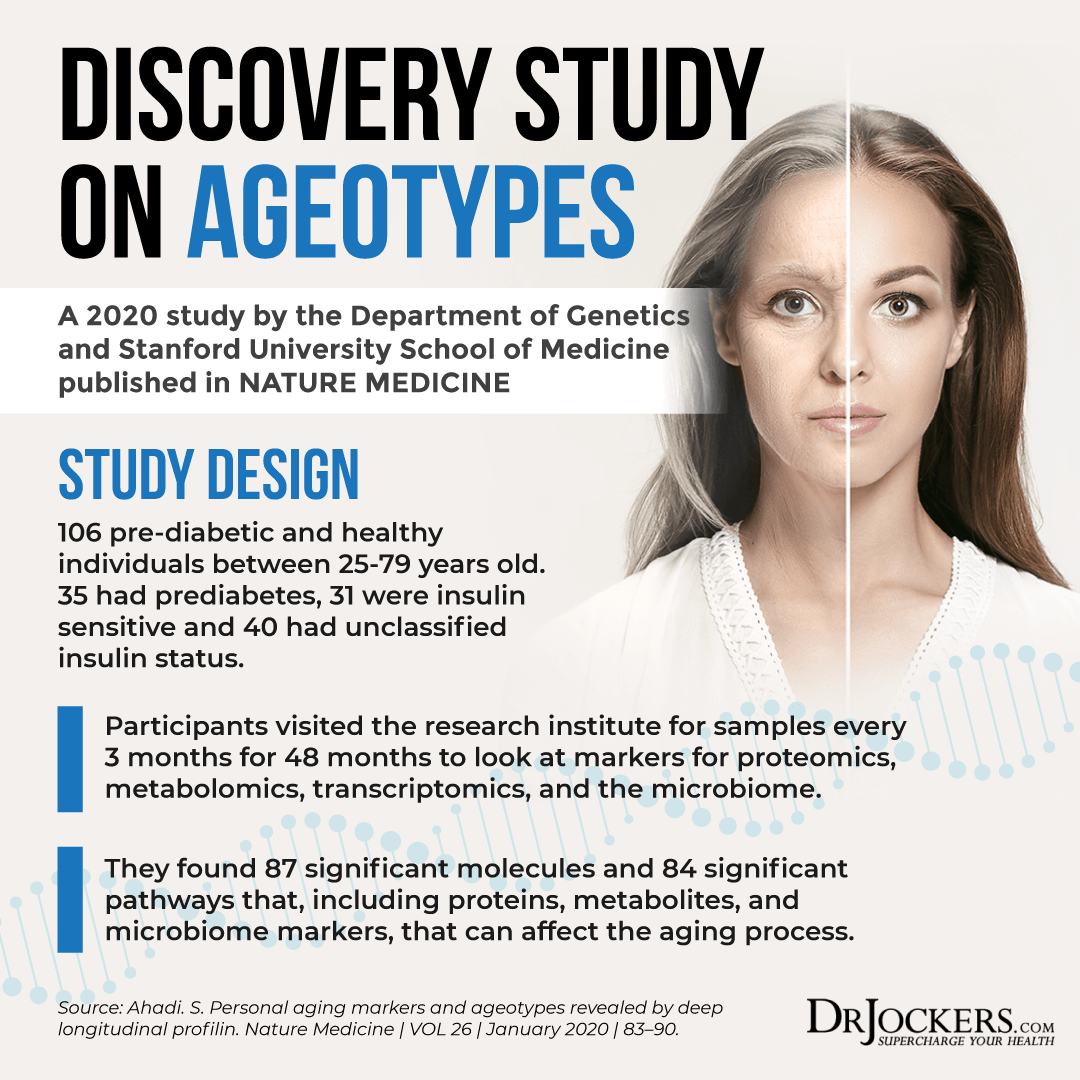
Researchers found that several gut microbiome markers may correlate with age. They found that the gut bacteria Clostridium cluster IV and genus Blautia can increase with age. This suggests that someone’s gut microbiota can actually predict their biological age. However, the gut microbiome can change over time, which means that it may influence someone’s biological age and health markers as well. An improved gut microbiome may reduce your biological age.
They also found that weight and weight loss can also impact someone’s aging patterns. They looked at the role of dietary changes, physical movement, and weight loss on various biomarkers related to someone’s aging patterns.
They found that lifestyle intervention and weight loss helped to improve the HbA1C marker and glucose metabolism and other age-related markers of four participants. Additionally, 12 participants experienced improved blood urea nitrogen (BUN) levels. One participant improved all their age-related clinical markers possibly due to weight loss.
Researchers also found that insulin resistance can increase inflammation and worsen aging-related biomarkers. They noted inflammation, inflammation-related immune pathways issue, poor C-reactive protein levels, and increased risk of chronic diseases in participants with insulin resistance.
According to the study, individuals can have 4 very distinct ageotypes, or aging patterns affecting 4 different overlapping pathways linked to aging, including metabolic, immune, liver, and kidney dysregulation. In the next section, I will discuss the 4 unique ageotypes.
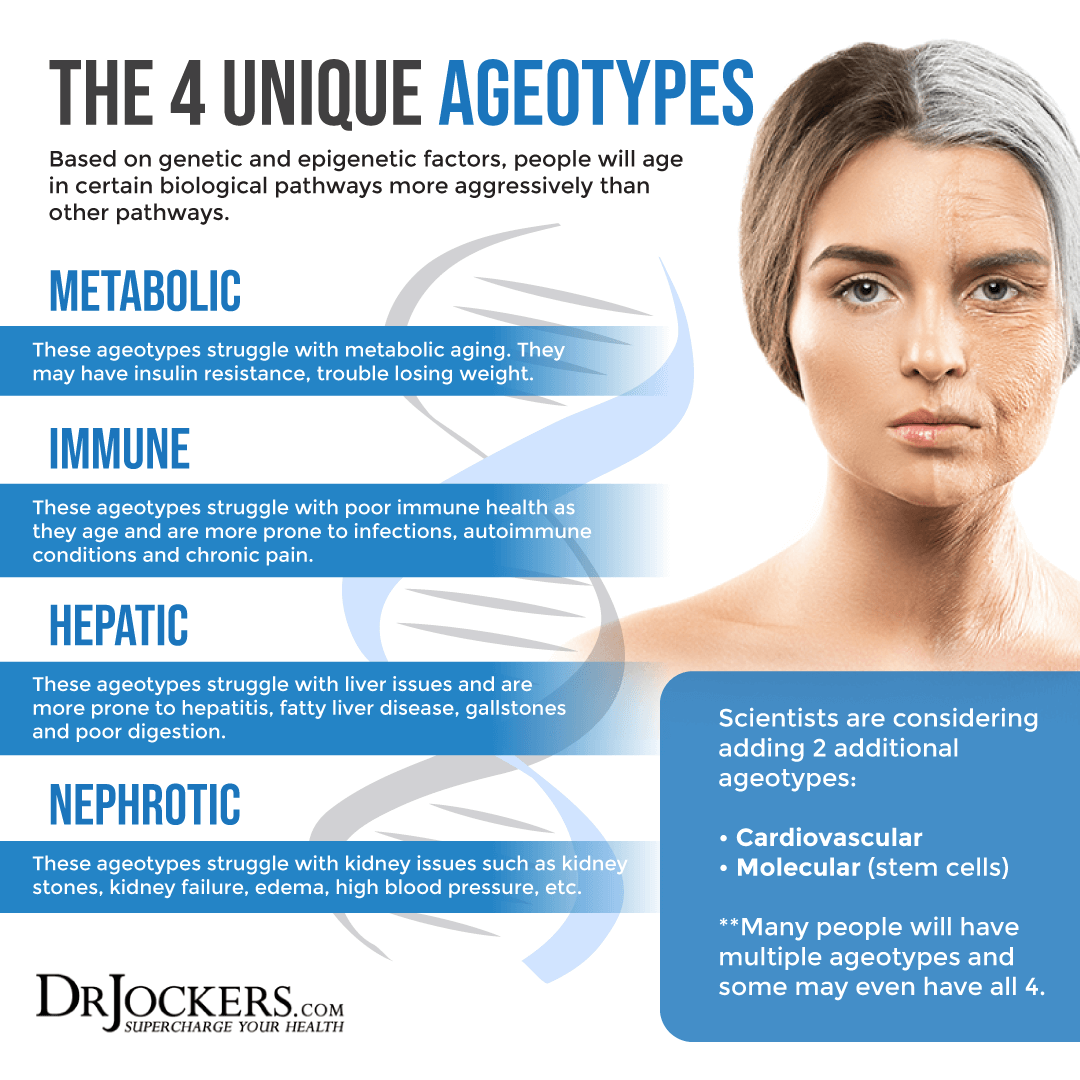
What are the 4 Unique Ageotypes?
There are 4 different types of ageotypes. A person may show signs for only one, several, or all 4 types of ageotypes. For example, your chronological age may be 40, you may have the metabolism of a 35-year-old (metabolic ageotypes), an immune system of a 50-year-old (immune ageotypes), liver health of a 42-year-old (hepatic ageotypes), and kidney health of a 45-year-old (nephrotic ageotypes).
Additionally, as the scientists examine this further, they are considering adding in at least 2 more ageotypes: Cardiovascular and Molecular (stem cells).
Metabolic
Metabolic ageotypes refers to metabolic aging, more precisely metabolic factors that can increase aging. They may only be chronologically 40 but have a metabolism of a 50-year-old. A metabolic ager may gain weight and develop an increased risk for diabetes as they grow older. They may still be, for example, a healthy immune system (immune ageotype), but show metabolic signs of aging.
Immune
Immune ageotypes refers to the aging of the immune system. They may not show signs of metabolic aging, for example, they may be at a healthy age and not have pre-diabetes or diabetes but may be dealing with immune health issues.
They may catch more infections and have increased difficulty recovering. They would also be at a higher risk for developing autoimmune diseases, chronic pain and potentially cancer. They may have an increased risk for immunocompromised and related health issues.
Hepatic
Hepatic ageotypes refers to the aging of the liver. This means that your liver health may be declining faster than your chronological health indicates. This could result in developing liver/gallstones, hepatitis and fatty liver disease.
Though having poor markers for one ageotypes may not necessarily mean that you have poor markers for all, people tend to have a combination of different ageotypes to varying degrees. It is common for hepatic and nephrotic ageotypes to co-occur at varying degrees.
Nephrotic
Nephrotic ageotypes refers to the aging of the kidneys. Their kidney will likely show signs of aging first compared to other areas. A nephrotic ager tends to show declining kidney function. It is common for a primarily nephrotic ager to also have markers for hepatic ageotypes.
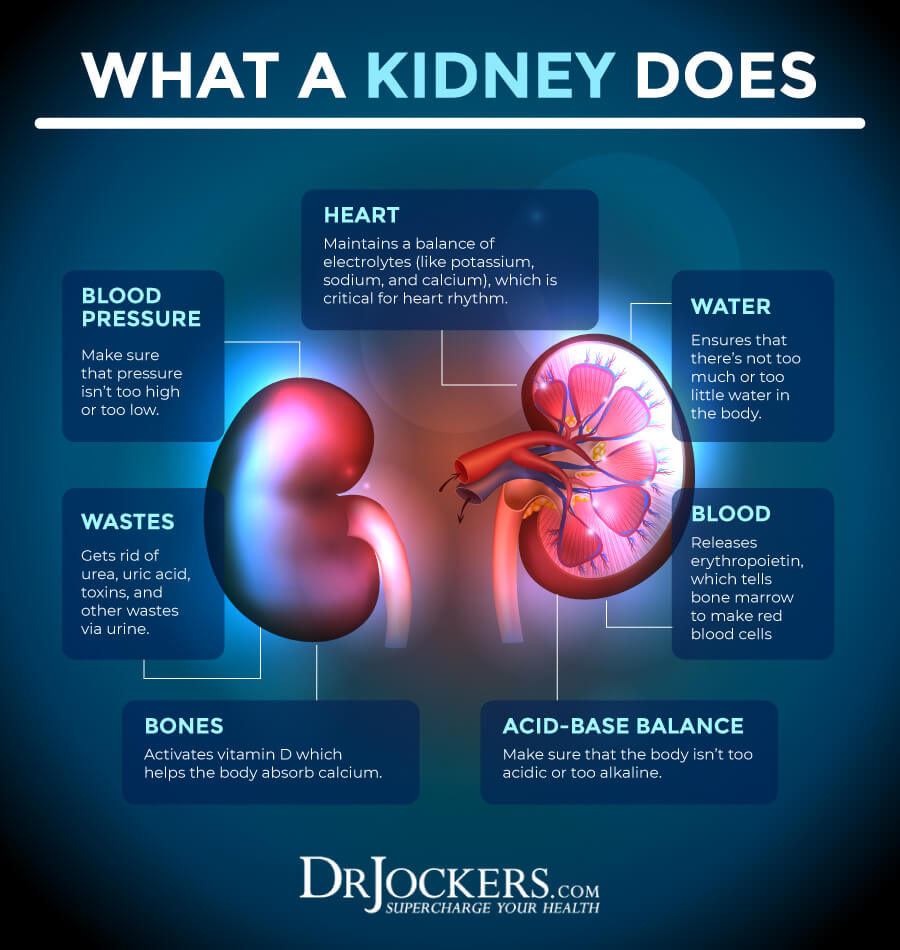
Top Strategies for Healthy Aging
Though you can’t change your chronological age, you can certainly reduce risk factors for accelerated biological aging. These are my top strategies for healthy aging:
Anti-Inflammatory Nutrition Plan
Following an inflammatory diet can increase chronic inflammation, obesity, and chronic disease which can all lead to early signs of aging and impact all ageotypes. It’s not surprising that an anti-inflammatory nutrition plan is your first form of defense against accelerated aging.
According to a 2018 study published in the European Journal of Nutrition, good nutrition can support healthy aging, productivity in old age, and a longer lifespan (27). Consuming inflammatory foods, such as refined sugar, fried food, processed meat, salty or sugary snacks, and sugary drinks are linked to obesity, metabolic ageotypes, and shorter lifespan.
On the other hand, a 2020 longitudinal cohort study published in BMC Geriatrics has found that the dietary habits of the healthiest and oldest elderly people include frequent consumption of vegetables and fruits, lean protein, nuts, seeds, and fish (28).
I recommend that you remove refined sugar, refined oils, artificial ingredients, gluten, additives, overly processed foods, and foods you are allergic or sensitive to. Follow an anti-inflammatory nutrient plan high in greens, vegetables, low-glycemic index fruits, herbs, spices, fermented foods, grass-fed beef, grass-fed butter and ghee, pasture-raised poultry and eggs, wild-caught fish and seafood, and wild game. Choose organic options whenever possible.
If you are unable to find or afford organic options for all your produce, follow the rule of the dirty dozen and clean fifteen. If a food is on the list of dirty dozen, always choose organic. If it’s on the list of clean fifteen, organic is still ideal, but if it’s not available, you may choose non-organic. If your product is not organic, make sure to wash it very well and peel it if possible. To learn more about the anti-inflammatory nutrition plan I recommend, you may read this article.
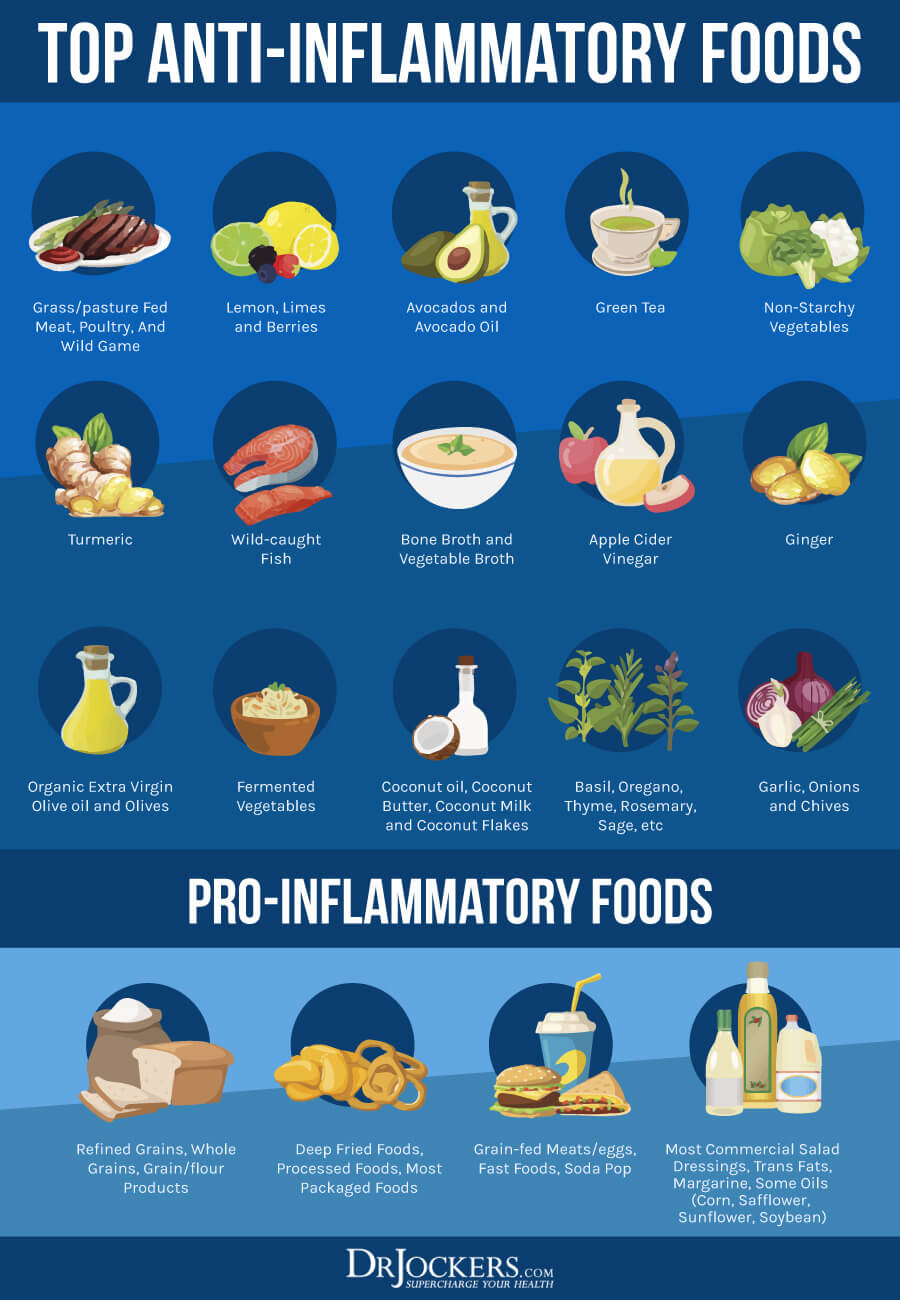
Prioritize Good Sleep
Poor sleep can also contribute to increased inflammation, chronic symptoms and health issues, and early signs of aging. Sleep on the other hand may improve your health and slow down the physical aging process. A 2018 study published in Frontiers in Psychology has found that poor sleep and sleep issues can lead to fatigue in older people, and getting regular restorative sleep can support healthy aging (29). Improving your sleep is critical.
To improve your sleep, it’s important that you avoid stress, electronics, heavy foods, sugar, caffeine, and alcohol in the evening and at night. Choose relaxing activities, such as reading, crossword puzzles, coloring, arts and crafts, board games, journaling, calm conversations, and loving time with family a few hours before bedtime. Taking a relaxing bath, sipping on herbal tea, stretching, meditation, and prayer may help you to wind down.
According to a 2012 double-blind placebo-controlled clinical trial, magnesium supplementation can help to reduce insomnia and sleep problems in older people (30). I recommend MagSleep, a magnesium supplement specifically designed to support your sleep and well-being. Lavender, chamomile, bergamot, valerian, and some other essential oils or using a salt lamp may also help to calm you down and create a peaceful sanctuary in your bedroom. Invest in a supportive bed, pillows, and bedding. Try blackout curtains or eye masks.

Reduce Stress and Practice Gratitude
Chronic stress is another fact that can contribute to chronic inflammation and related issues. According to a 2012 study published in The American Journal of Geriatric Psychiatry, chronic stress and chronic inflammation can contribute to aging poorly (31). According to a 2006 study published in BMJ, chronic stress can increase the risk of metabolic syndrome, thus symptoms of metabolic ageotype (32).
According to a 2015 study published in Current Opinions in Psychology, stress can also compromise your immune function and lead to symptoms of immune ageotype (33). Lowering stress may improve your physical, mental, emotional, and physical well-being and improve your quality of life.
I decrease stressful activities and interactions with people that stress you out as much as possible. Learn how to respond to and cope with stress better. Positive thinking, positive mindset shifts, positive affirmations, and prayer are some great tools that can help to improve how you deal with stress.
Meditation, breathwork, guided relaxation, gratitude work, journaling, and prayer are great strategies for reducing stress. Practicing gratitude is another essential way for stress reduction and for feeling better in your life. Working with a therapist or spiritual counselor can also help you cope with stress better and learn coping strategies.
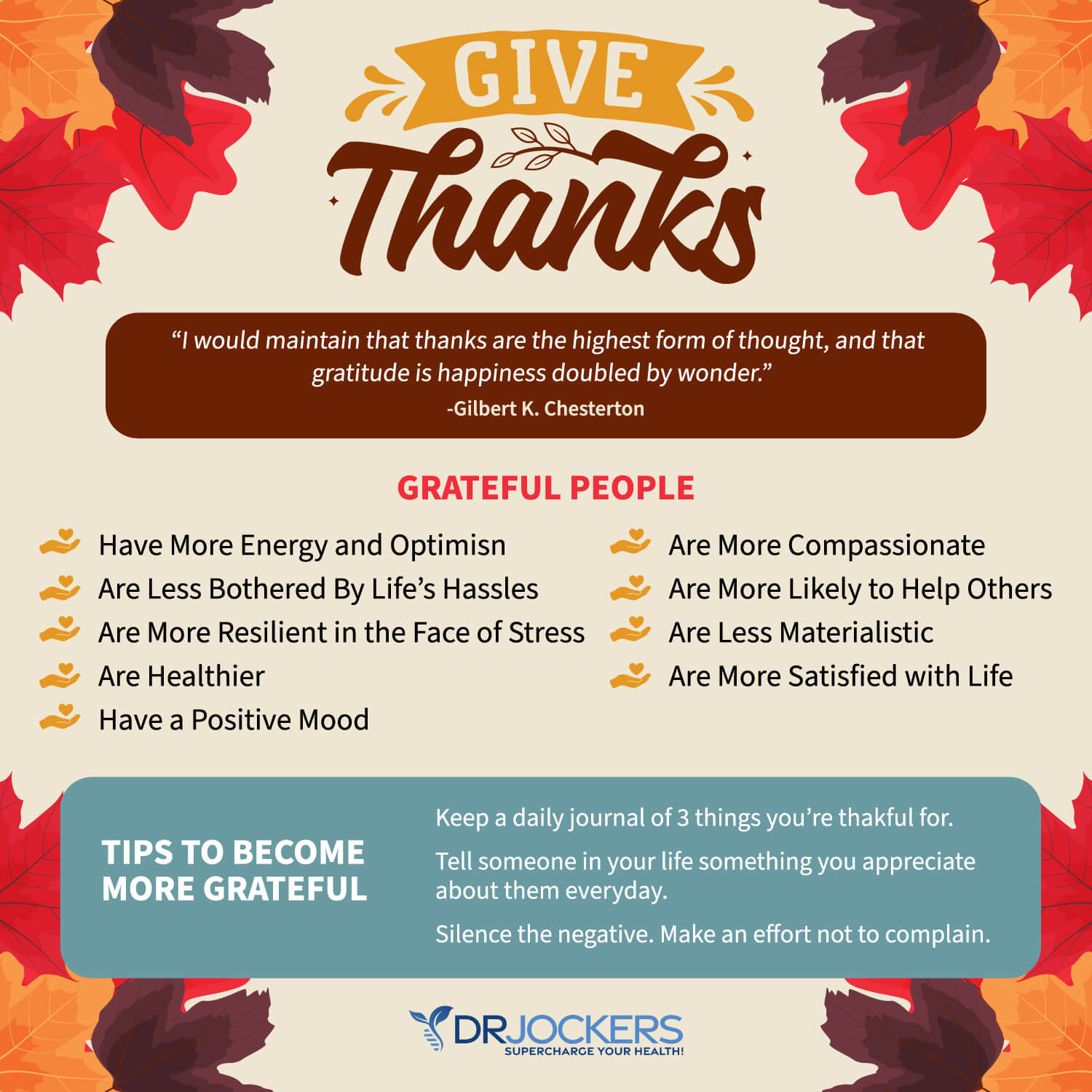
Regular Movement and Exercise
Physical fatigue, reduced activity, and experiencing pain when moving are not unknown to older people. In fact, many think that pains and aches and decreased physical activity are a normal part of aging. However, reduced physical activity can lead to all kinds of health issues and signs of aging.
A 2015 study published in the Journal of Cellular Physiology has found that reduced physical activity and a poor diet may lead to an increased risk of developing muscle and bone loss while aging (34). A 2006 study published in the International Journal of Obesity (London) has found that age-related weight gain often occurs due to changes in an exercise routine, which may increase symptoms of metabolic ageotypes (35).
Regular movement and exercise are a critical part of your life, even as you get older. I recommend that you stay active throughout the day. Taking a stroll in the park, stretching your body, getting up regularly, and playing with your kids, grandkids, or pets are great ideas. If you are older and dealing with joint pains, I recommend that you avoid high-impact activities but choose low-impact exercise instead. Swimming, water aerobics, walking, easy hikes, pilates, or easy bike rides are great ideas.
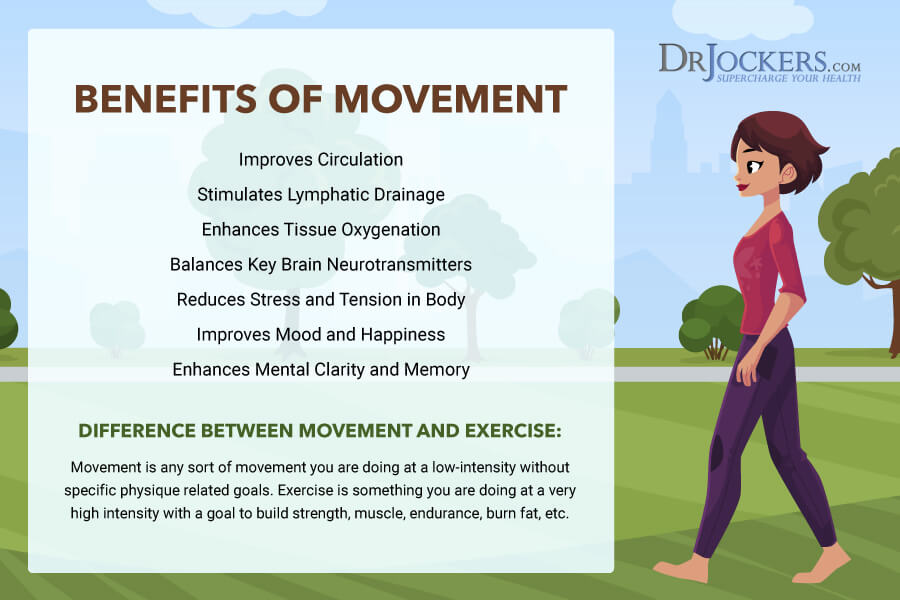
Resistance Training
Most areas offer some senior fitness classes with age-appropriate exercise for older people. If you are still younger and/or don’t have joint pains, high- and medium-impact activities, such as high-intensity interval training (HIIT), jumping ropes, plyometrics, running, and so on, may also be appropriate and beneficial.
Engaging in resistance training is important regardless of your age to reduce muscle and bone loss and keep your strength and independence. I recommend regular resistance training at least three times a week, such as working with exercise bands, doing bodyweight exercises, using light weights, or practicing pilates or yoga are great options.
Working with a physical therapist or a trainer specialized in older people can be beneficial, especially if you are new to exercise or dealing with joint pain, muscle pain, or other health issues.
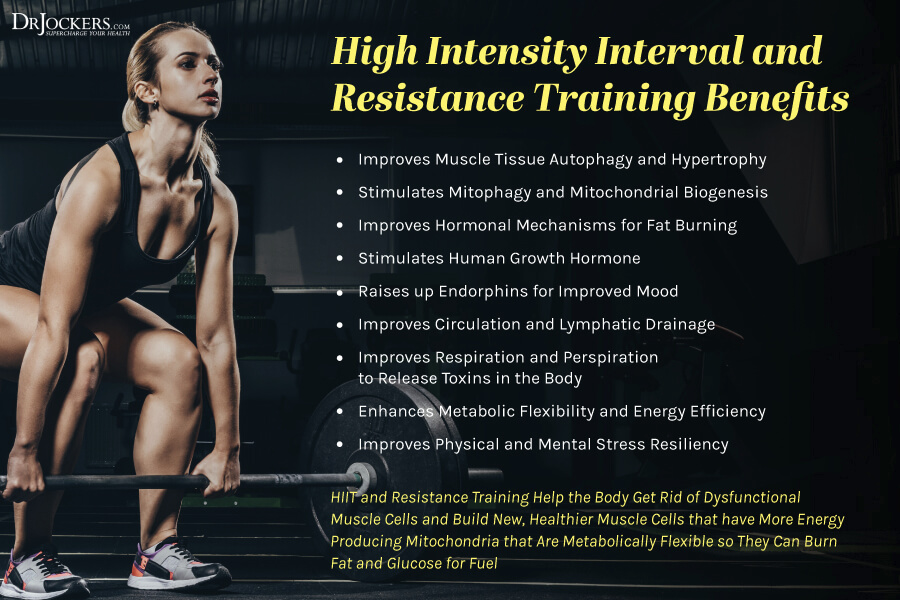
Daily Intermittent Fasting
I’ve already talked about the impact of nutrition on aging. Beyond following an anti-inflammatory diet, daily intermittent fasting may also reduce the aging response in your body. According to a 2020 study published in Nature Aging, intermittent fasting and periodic fasting can improve longevity and reduce the risk of disease (36). Intermittent fasting may help to reduce the risk of chronic inflammation, neurodegeneration, metabolic disease, cardiovascular disease, autoimmunity, and cancer. It may also support healthy aging.
Intermittent fasting is a form of eating that cycles between periods of fasting and periods of eating within one day. During your eating window, you are focusing on eating nutrient-dense, anti-inflammatory foods to meet all your nutrient and caloric needs for the day within a shorter period. During your fasting period, you can drink purified water and herbal tea.
If you are new to intermittent fasting, I recommend that you start with the Simple Fast. This method involves 12 hours of fasting including your overnight sleep. Begin your fast after dinner and don’t eat for 12 hours until breakfast. Increase your fasting window gradually until you find what works for you.
Most people do their best with a 16-hour fasting window using the 16:8 method. To learn more about the benefits of intermittent fasting I recommend reading this article. To learn more about different intermittent fasting strategies, I recommend reading this article.
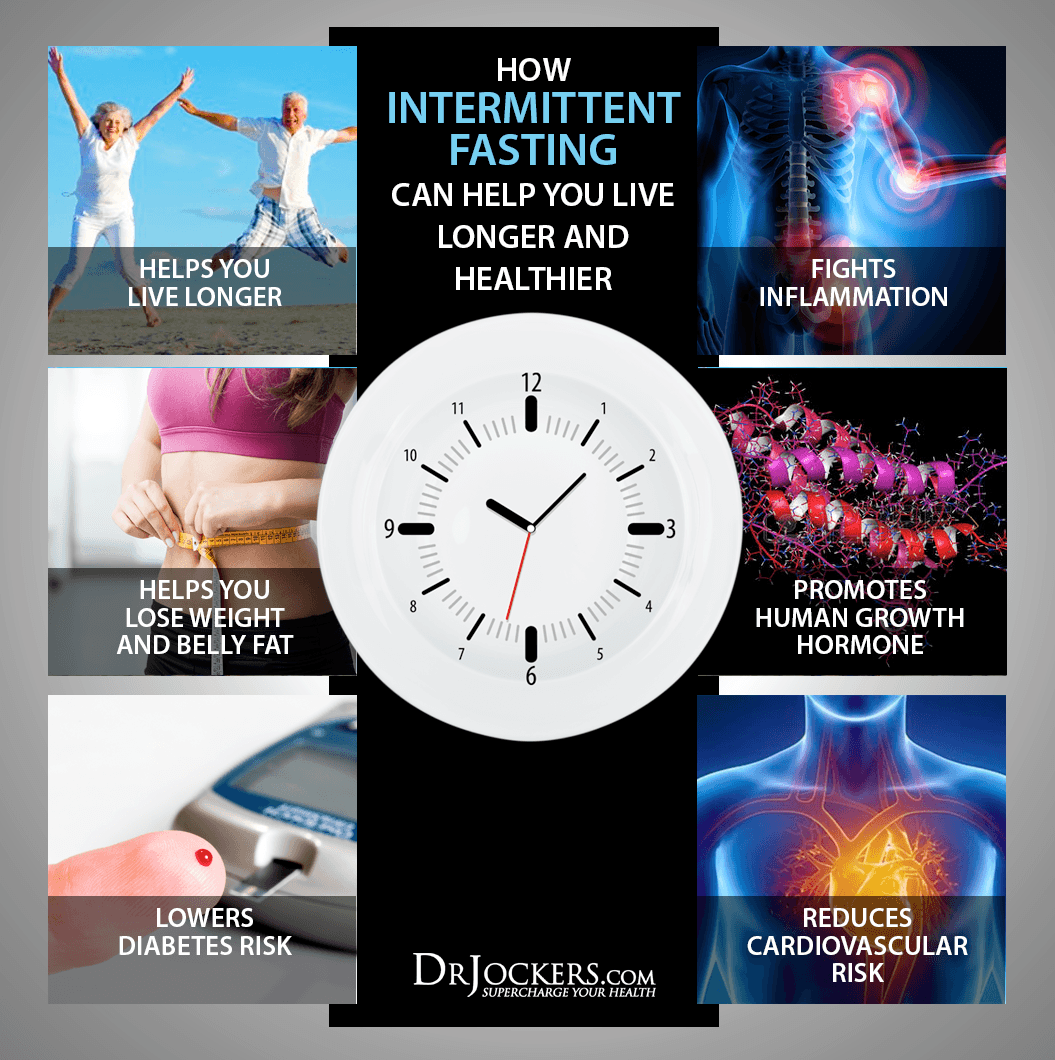
Healthy Relationships and Laughter
Don’t forget about your connections and social life either. According to a 2017 study published in The American Psychologist, social ties and relationships are critical when it comes to health as you are aging (37).
How you spend time with your social connections matters. Laughter can bring you many health benefits too. According to a 2015 study published in the International Journal of Community Based Nursing Midwifery, laughter therapy may be beneficial for the elderly (38).
Spend quality time with your family and friends. Connect with your community. Find volunteer activities that you can engage in. Giving back can increase meaning in life and well-being. Find hobbies where you can connect with others. Spend time in nature and take a walk with a friend.
Play with your kids, grandkids, or pets. Adding more laughter and play into your life is important. Watch a funny movie, go to a comedy show, read an uplifting book, or try laughter yoga for more smiles and laughter.
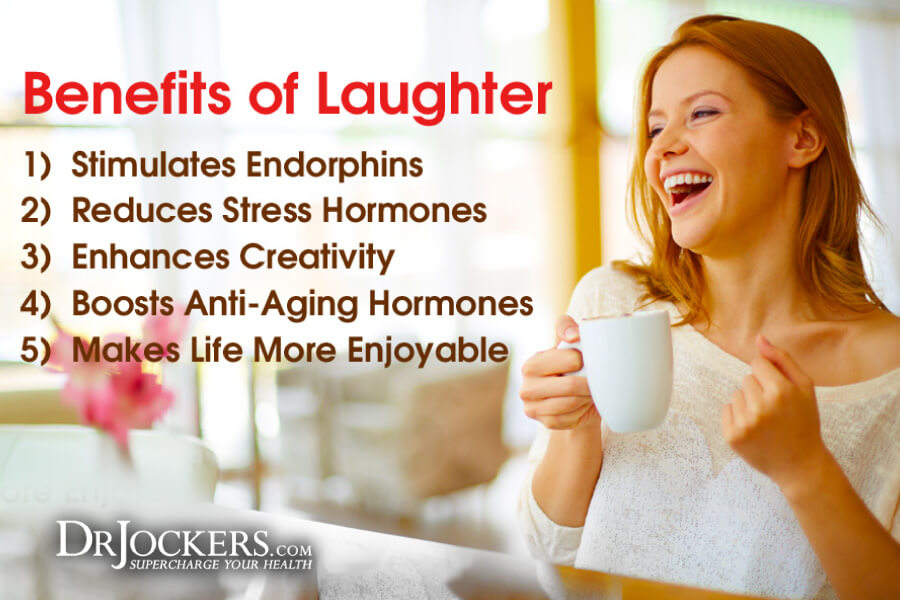
Key Supplements
Beyond these dietary and lifestyle strategies, I also recommend some key supplements to support your health and reduce signs of aging based on your ageotypes.
Metabolic Ageotypes
Key supplements I recommend for a metabolic ageotypes to reduce inflammation, obesity, insulin resistance, diabetes, and other metabolic issues related to aging, include:
- Omega 3’s: Omega 3 fatty acids are anti-inflammatory fatty acids found in fish, seafood, algae, flaxseed, chia seed, and hemp seed. According to a 2021 systematic review and meta-analysis, supplementing with omega-3 fatty acids may reduce the risk of diabetes (37). According to a 2015 study published in PLoS One, omega-3 fatty acids may help to reduce obesity (38).
- NAC: N-Acetyl-L-Cysteine (NAC) helps to improve your antioxidant levels and reduce the risk of cellular damage. According to a 2016 study published in the American Journal of Translational Research, NAC may help to reduce the risk of glucose intolerance (39). According to a 2019 systematic review published in Pharmacological Research, NAC may also help to reduce obesity-related health complications (40).
- Curcumin: Curcumin is powerful for inflammation-related issues that are common in older people. According to a 2009 randomized controlled trial, curcumin is effective for joint pain and osteoarthritis (41). According to a 2013 review published in the Evidence Based, Complementary and Alternative Medicine, curcumin may be beneficial for those with diabetes (42).
- Ginger: Ginger is another powerful anti-inflammatory herb that is essential to reduce inflammation, pain, digestive symptoms, and other health issues. According to a 2019 systemic review and meta-analysis published in Critical Reviews in Food Science and Nutrition, ginger may help to improve the metabolic profile and support weight loss in overweight and obese people (43). According to a 2013 review published in the International Journal of Preventive Medicine, ginger may help to reduce inflammation and oxidative stress (44).
- Boswellia: Boswellia, or otherwise known as Indian Frankincense, is a potent herbal extract known for its medicinal properties to treat a number of health conditions, including. chronic inflammatory illness. According to a 2003 randomized double-blind placebo-controlled trial, boswellia is beneficial for arthritis (45). According to a 2020 review published in the Iranian Journal of Basic Medical Sciences, Boswellia may help to reduce the risk of metabolic syndrome (46).
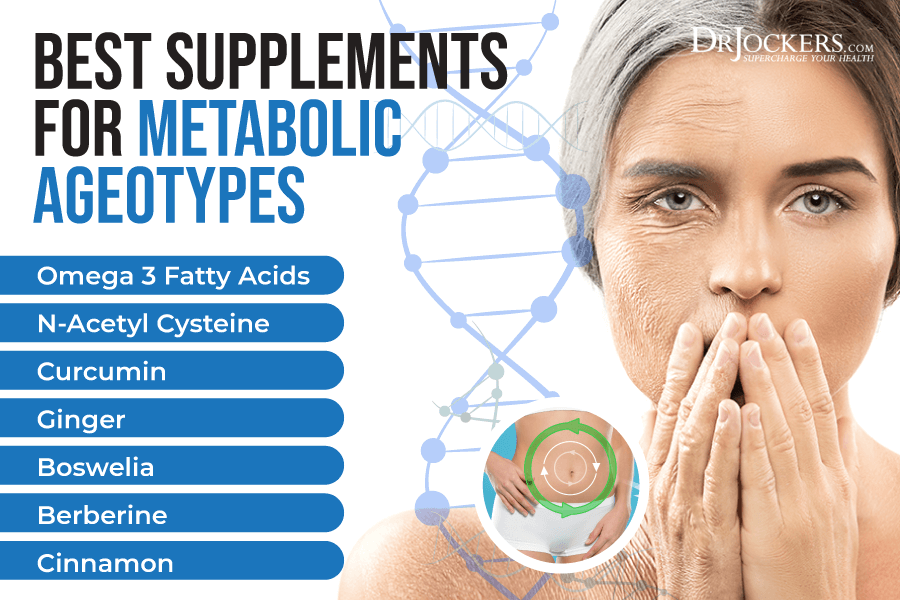
Immune Ageotype
Key supplements I recommend for an immune ageotypes to reduce inflammation and immune health issues related to aging include:
- Vitamin D: Vitamin D3 is a fat-soluble vitamin that is important for your bone, muscle, teeth, brain, immune system, and other areas of your health. According to a 2011 study published in the Journal of Investigative Medicine, vitamin D may help to improve the immune response and immune health (47).
- Vitamin C: Vitamin C is well-known for its immune-supporting and antioxidant health benefits. According to a 2017 study published in Nutrients, vitamin C may help to improve immune health and function (48).
- Zinc: Zinc is an important mineral that also helps to support your immune health. According to a 2009 review published in Immunity and Ageing, zinc may support immune health through the aging process (49).
- Quercetin: Quercetin is a flavonoid that can be found in vegetables and fruits, such as leafy greens, broccoli, tomatoes, and berries. It is rich in antioxidants, full of anti-inflammatory benefits, and can fight free-radical damage. A 2016 study published in Nutrients has found that quercetin can help to reduce inflammation and improve immunity (50).
- Resveratrol: Resveratrol is found in the skin of grapes, red wine, and berries. It is a plant compound that acts as an antioxidant. According to a 2019 study published in Nutrients, resveratrol may help to support the immune response (51).
- Probiotics: Probiotics are healthy bacteria that support microbiome balance and overall health. According to a 2018 study published in Synthetics and Systems Biotechnology, probiotic supplementation may support the immune system and reduce the risk of upper respiratory infections (52).
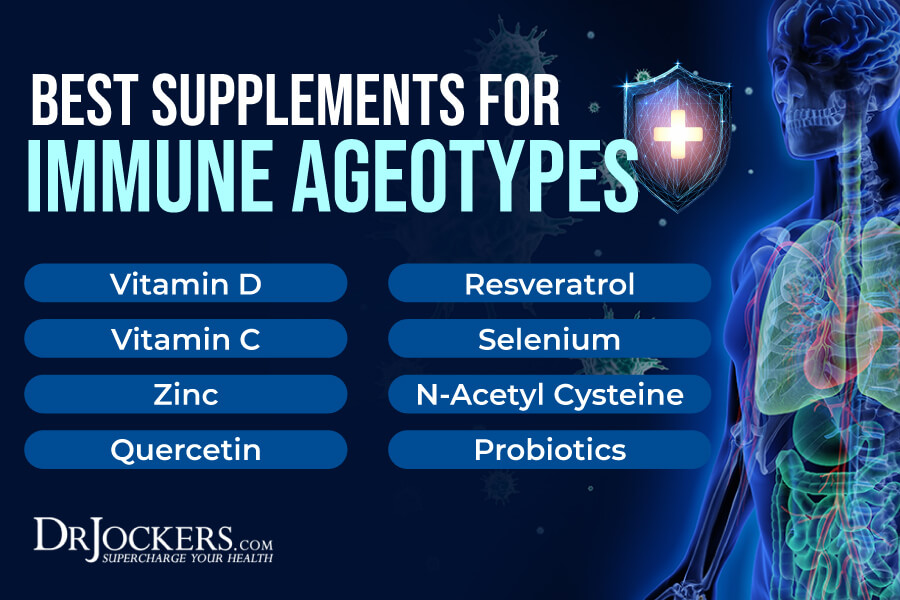
Hepatic Ageotype
Key supplements I recommend for a hepatic ageotypes to liver health issues related to aging include:
- Milk Thistle: Milk thistle is a flowering herb commonly used for liver and gallbladder health. According to a 2002 systematic review and meta-analysis published in The American Journal of Medicine, milk thistle may benefit the treatment of liver disease (53).
- Cordyceps: Cordyceps is a medicinal mushroom with a long list of health benefits, including liver health. According to a 2016 study published in Acta Pharmacologica Sinica, cordyceps may help to improve liver inflammation (54).
- Dandelion: Dandelion is a well-known herb and flower full of nutrients and health benefits, often enjoyed as a tea. According to a 2021 study published in Antioxidants (Basel), dandelions may offer protective benefits for liver health and reduce the risk of acute and chronic liver failure (55).
- Beet Root: Beet is a sweet root vegetable with lots of liver health benefits. According to a 2021 study published in Biology (Basel), beet root may help to reduce the risk of liver damage (56).
- Reishi: Reishi is another medicinal mushroom with countless health benefits, including for the liver. According to a 2013 study published in the International Journal of Mushrooms, reishi may help to reduce the risk of liver injury (57).
- Choline: Choline is an essential nutrient for your muscles, mood, cognition, liver, and other areas of your health. According to a 2016 study published in Advanced Nutrition, choline may help to lower the risk of nonalcoholic fatty liver disease (58).
- TUDCA: Tauroursodeoxycholic acid (TUDCA) is a bile salt made by your microbiome and found in supplements and is often used for liver health. According to a 2013 study published in the Journal of Huazhong University of Science and Technology, TUDCA may help the treatment of liver cirrhosis (59).
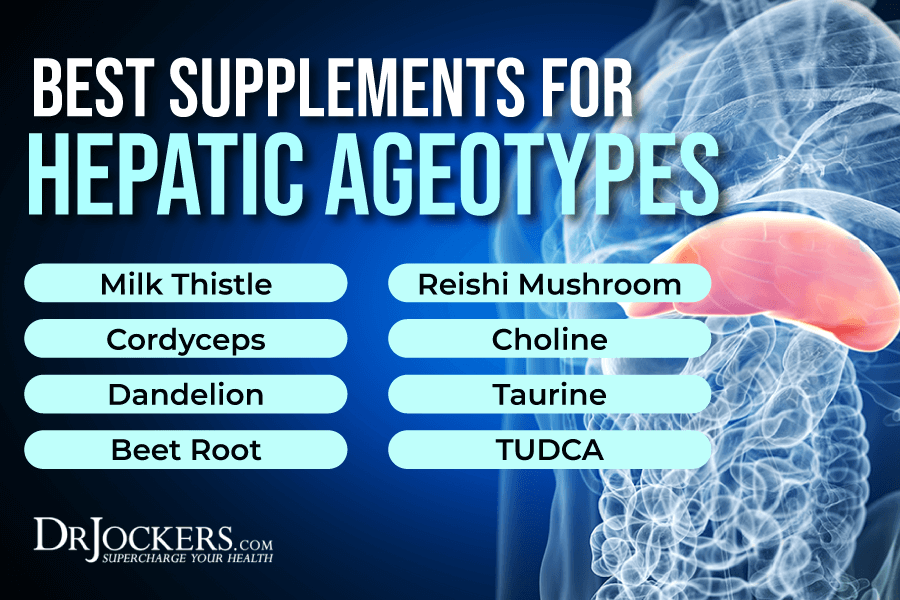
Nephrotic
Key supplements I recommend for a nephrotic ageotypes to reduce kidney health issues related to aging, include:
- Horsetail: Horsetail is a medicinal plant that dates back to the Roman days and is often used for kidney and bladder stones, urinary tract infections, and other kidney and bladder issues. According to a 2014 study published in the Evidence Based Complementary and Alternative Medicine, horsetail may be an effective and safe diuretic (60).
- Juniper: Juniper is an evergreen plant used as a diuretic, antiseptic, anti-arthritic, and anti-diabetes medicinal herb. According to a 2019 study published in Heliyon, juniper may be a beneficial diuretic and urinary antiseptic plant (61).
- Cranberry: Cranberry is a type of berry that’s commonly used for urinary tract infections in the form of cranberry juice. According to a 2019 review published in Food and Function, cranberries may offer therapeutic benefits for those with chronic kidney disease (62).
- Parsley: Parsley is a commonly known herb with many health benefits, including for your kidneys. According to a 2011 study published in the Saudi Journal of Kidney Diseases and Transplantation, parsley leaf tea may be helpful for urinary stones and urinary composition (63).
- Bearberry: Bearberry is a berry that may help to reduce the risk of bacterial growth in the urinary tract. According to the book LiverTox: Clinical Research Information on Drug-Induced Liver Injury published by the National Institute of Diabetes and Digestive and Kidney Diseases, bearberry may serve as a diuretic and help to reduce urinary tract symptoms (64).
Top Recommendations
You may be wondering how you can support your body with these nutrients I just went over earlier. Of course, following a nutrient-dense, anti-inflammatory diet is critical and a great way to improve your micronutrient levels. However, it is often not enough, especially if you already have health issues or you want to support your body through aging. Here are some specific supplements I recommend for each of the ageotypes to improve your health.
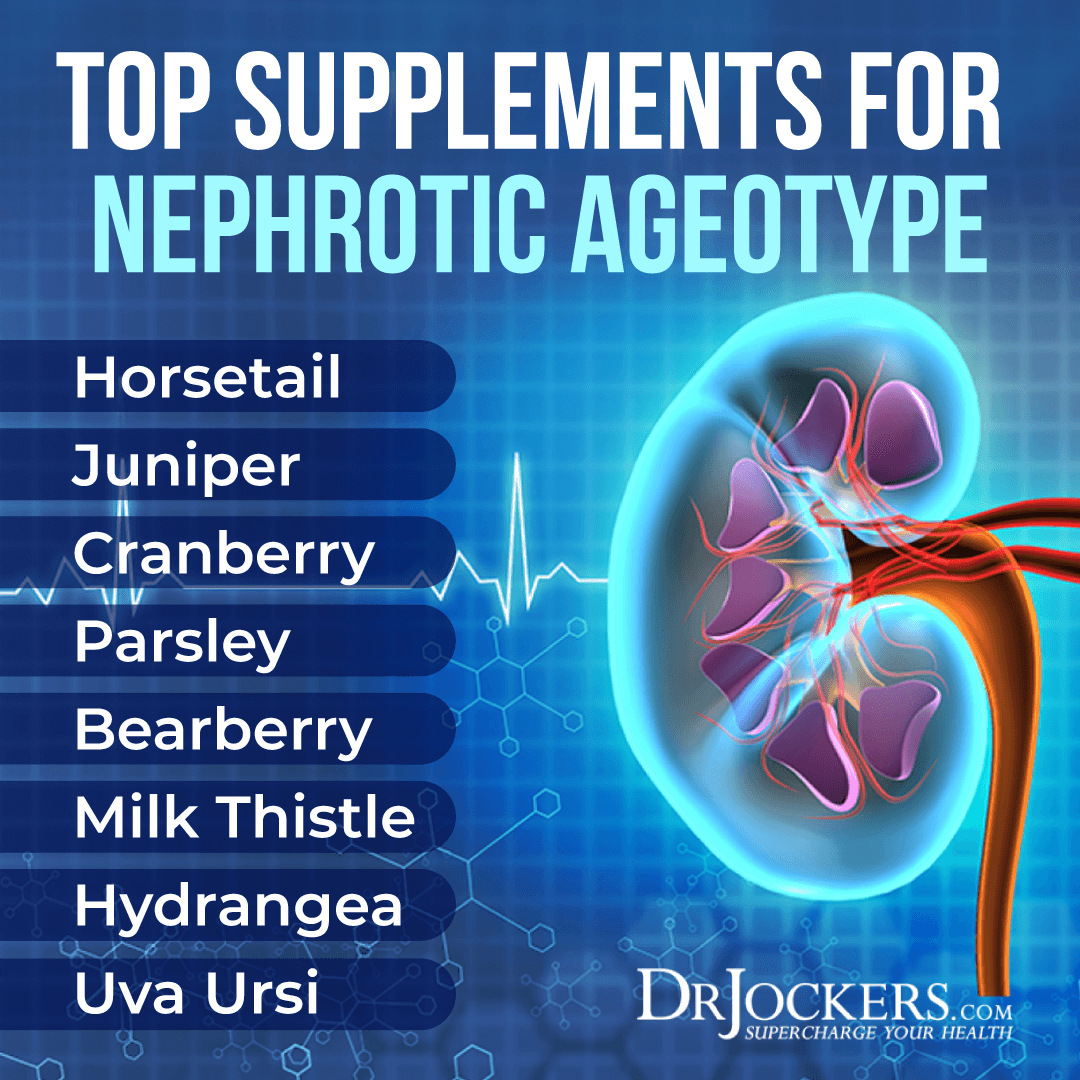
Metabolic
To support metabolic ageotypes, I recommend Pro Omega CRP and Inflam Defense™.
Pro Omega CRP is my favorite omega-3 fish oil supplement. This unique formulation is the most powerful nutraceutical on the market for down-regulating inflammation and oxidative stress quickly. It offers a powerful new solution for systemic cellular stress.
This unique formulation combines concentrated omega-3s plus optimized curcumin and the potent antioxidants L-Glutathione and N-Acetylcysteine (NAC) to achieve complete functional support for long-term health. It supports cellular recovery, helps to reduce inflammation and oxidative stress, improves cell signaling and vascular elasticity, and supports metabolic health. I recommend one serving of 3 soft gels a day.
Inflam Defense™ is my favorite supplement to lower inflammation and protect you from health issues that may result from inflammation. Inflam Defense™ is a powerful combination of anti-inflammatory herbs, such as curcumin, boswellia, ginger, and rosemary extract as well as nutrients from quercetin and rutin, and proteolytic enzymes.
I love recommending this supplement because it can help downregulate the inflammatory process. It can help you if you are dealing with the negative impact of acute or chronic inflammatory conditions. It is particularly important as you are aging because it can help to reduce joint pain, muscle aches, and symptoms of chronic inflammatory conditions that become increasingly prevalent in older people.
If you are looking to keep inflammation under control and have a healthy immune system, choose Inflam Defense™. Take two capsules twice a day away from meals or for advanced protection, take two or more capsules twice a day or as directed by your health care practitioner.
Immune
To support the immune ageotypes, I recommend ImmunoCharge and SBO Probiotics Ultimate.
ImmunoCharge is one of my favorite supplements for immune health. This supplement includes quercetin, zinc, vitamin D, NAC, vitamin C, selenium, resveratrol, magnesium, vitamin A, and vitamin K2. These ingredients support the body’s natural immune mechanism to help maintain good health. It is specifically designed to provide you with optimal dosages of these key immune-modulating nutrients and compounds.
The synergy of these key nutrients and compounds strengthens immune function and improves the process of inflammation. I recommend taking 2 capsules, 2 times daily with meals for optimal absorption, or as directed by your healthcare practitioner.
SBO Probiotics Ultimate is one of my favorite probiotics I recommend for immune health. This Ultimate Probiotic includes a combination of 50 billion soil-based probiotics plus prebiotics and postbiotics (setting the stage for, with, and after the probiotics) to create a trifecta approach. SBO probiotics are often harder than other types of probiotics and resistant to harsh environments. Pre-biotics act as fertilizer for probiotics.
Post-biotics are the metabolites (enzymes and organic acids) created by probiotics. Additionally added is a fermented organic botanical blend, plus select clinically studied strains to deliver support for healthy elimination, reduction of occasional bloating, gas, diarrhea, healthy inflammation response, oral health, and more. I recommend taking three capsules daily with 8 ounces of water.
Hepatic
To support the hepatic ageotypes, I recommend Liver Support, Bile Flow Support, or Advanced TUDCA. There is some overlap with these products so you may just take one of these at the clinical dosage.
Liver Support is a fantastic supplement for liver health. It is a synergistic formula designed to support healthy liver function. Although the brain typically gets credit for orchestrating everything that goes on in the body, the liver is another organ that is tasked with a wide range of metabolic and biochemical tasks that affect overall health. I recommend 4 capsules per day or as directed by your healthcare practitioner.
Bile Flow Support is my best supplement for improved bile flow. It is a specialized liver support formula that provides nutrients involved in bile flow and fat metabolism, including choline, taurine, and methionine. Dandelion and celandine have been selected to support bile flow and healthy liver function. Guggul extract and inositol hexanicotinate are included to support healthy blood lipid levels already within the normal range. I recommend 2 capsules twice daily after meals, or as directed by your healthcare practitioner.
Advanced TUDCA is a great supplement for drainage and detoxification. It is an all-in-one drainage and digestive support supplement that promotes healthy bile production and optimal kidney and liver function. This blend of tauroursodeoxycholic acid (TUDCA), BioActive Carbon, N-acetyl cysteine (NAC), and six botanicals — including beetroot, marshmallow root, milk thistle, and parsley — is designed to support the kidneys and liver bile duct system as the body performs its natural detoxification processes. I recommend 2 capsules twice daily after meals, or as directed by your healthcare practitioner.
Nephrotic
To support the nephrotic ageotypes, I recommend Plant-Based Kidney Health and UT Support.
Plant-Based Kidney Health is one of my favorite supplements for kidney health. It is an enhanced blend of potent, natural herbs, and contains antioxidants and nutrients that cleanse the kidneys and encourage normal kidney function. It helps to detoxify your kidneys, support elimination, boost energy levels, and promote urinary health. Shake the bottle well. Take 1 ml in the morning and again in the evening, or as directed by your healthcare provider.
UT Support is a great supplement for kidney and urinary support. This supplement features D-mannose along with Hibiscus sabdariffa, a unique compound designed specifically to support the health of the urinary tract. Hibiscus sabdariffa is an extract of the Hibiscus species that is high in certain organic acids and polyphenols, especially flavonoids and proanthocyanidins. These compounds provide microbial inhibition and bacterial anti-adhesive properties.
Additionally, this formula acts as a mild natural diuretic to support healthy kidney function and to provide a soothing effect on the genitourinary mucosal lining. I recommend taking 1 capsule twice a day, or as directed by your healthcare provider.
Final Thoughts
Ageotypes refer to the main biological pathways to aging that may determine how aging affects various areas of your body. If you understand your body’s unique aging response and ageotypes, and support your body through nutrition, lifestyle, and supplementation, you can reduce your risk of health issues and increase your health, energy, and well-being as you age. I recommend that you follow my top strategies for healthy aging and try my favorite supplements for each of the ageotypes to reduce signs of aging and improve your health and well-being.
If you want to work with a functional health coach, I recommend this article with tips on how to find a great coach. On our website, we offer long-distance functional health coaching programs. For further support with your health goals, just reach out—our fantastic coaches are here to support your journey.
Inflammation Crushing Ebundle
The Inflammation Crushing Ebundle is designed to help you improve your brain, liver, immune system and discover the healing strategies, foods and recipes to burn fat, reduce inflammation and Thrive in Life!
As a doctor of natural medicine, I have spent the past 20 years studying the best healing strategies and worked with hundreds of coaching clients, helping them overcome chronic health conditions and optimize their overall health.
In our Inflammation Crushing Ebundle, I have put together my very best strategies to reduce inflammation and optimize your healing potential. Take a look at what you will get inside these valuable guides below!

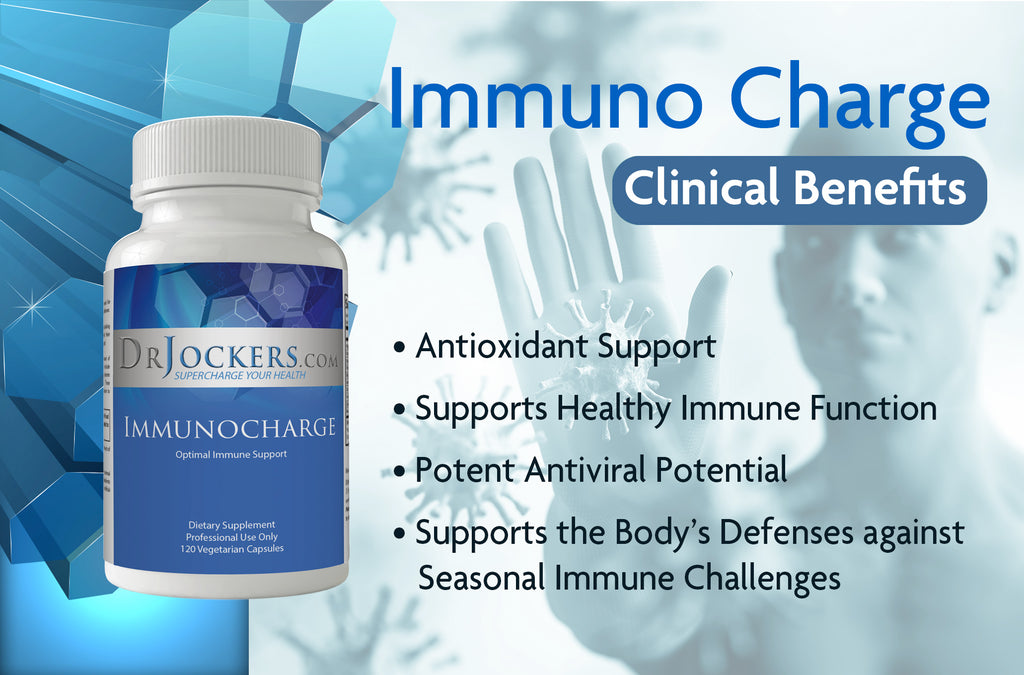

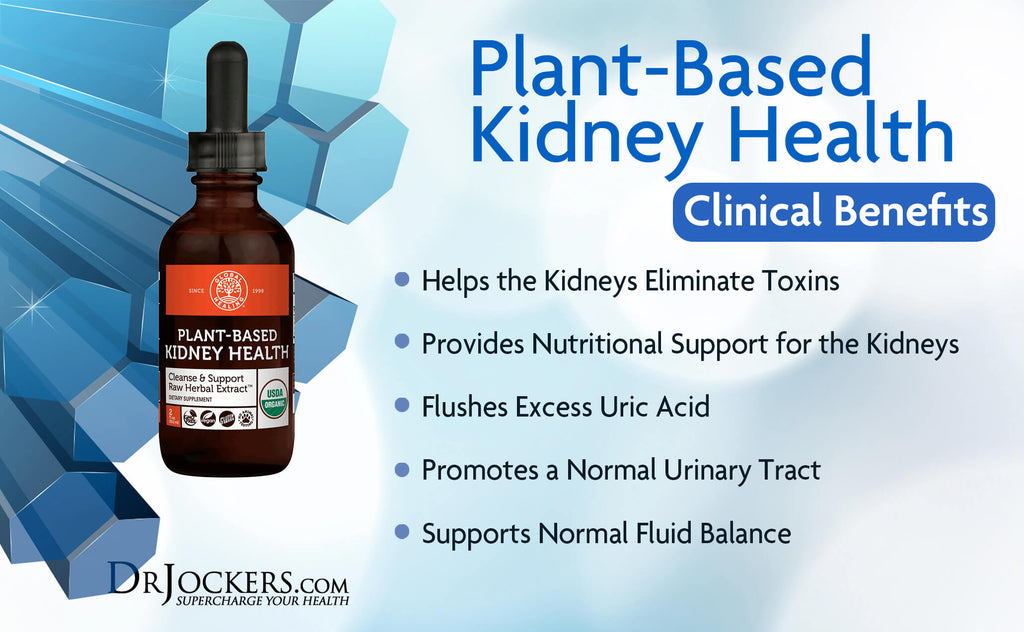




Excellent article. Have you considered using the Phenotypic Age biological age calculator of Morgan Levine based on 9 clinical biomarkers and age (also quoted in the Snyder’s paper you quote on ageotypes)? She also developed the PhenoAge clock based on DNA methylation. Thank you!
Hello Albeda, no we will need to look into that in more detail! Thanks for sharing!